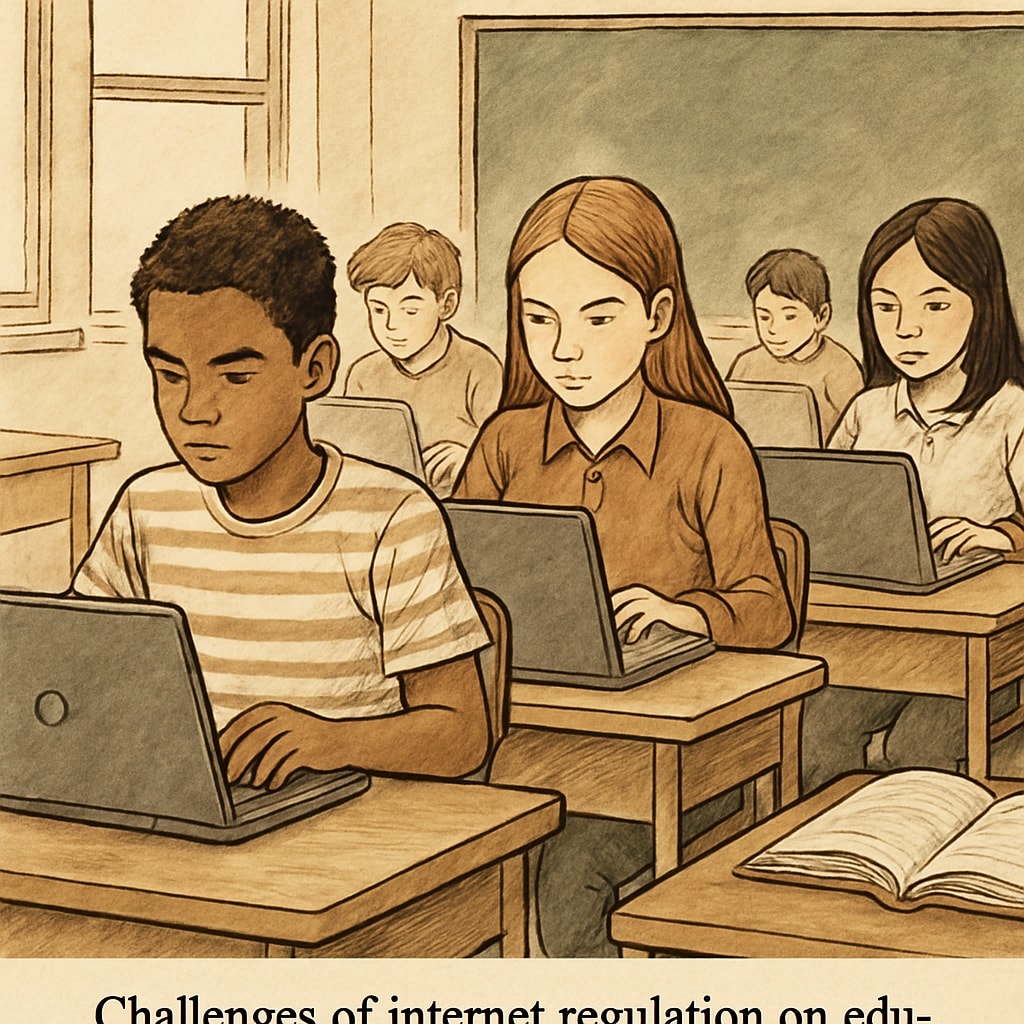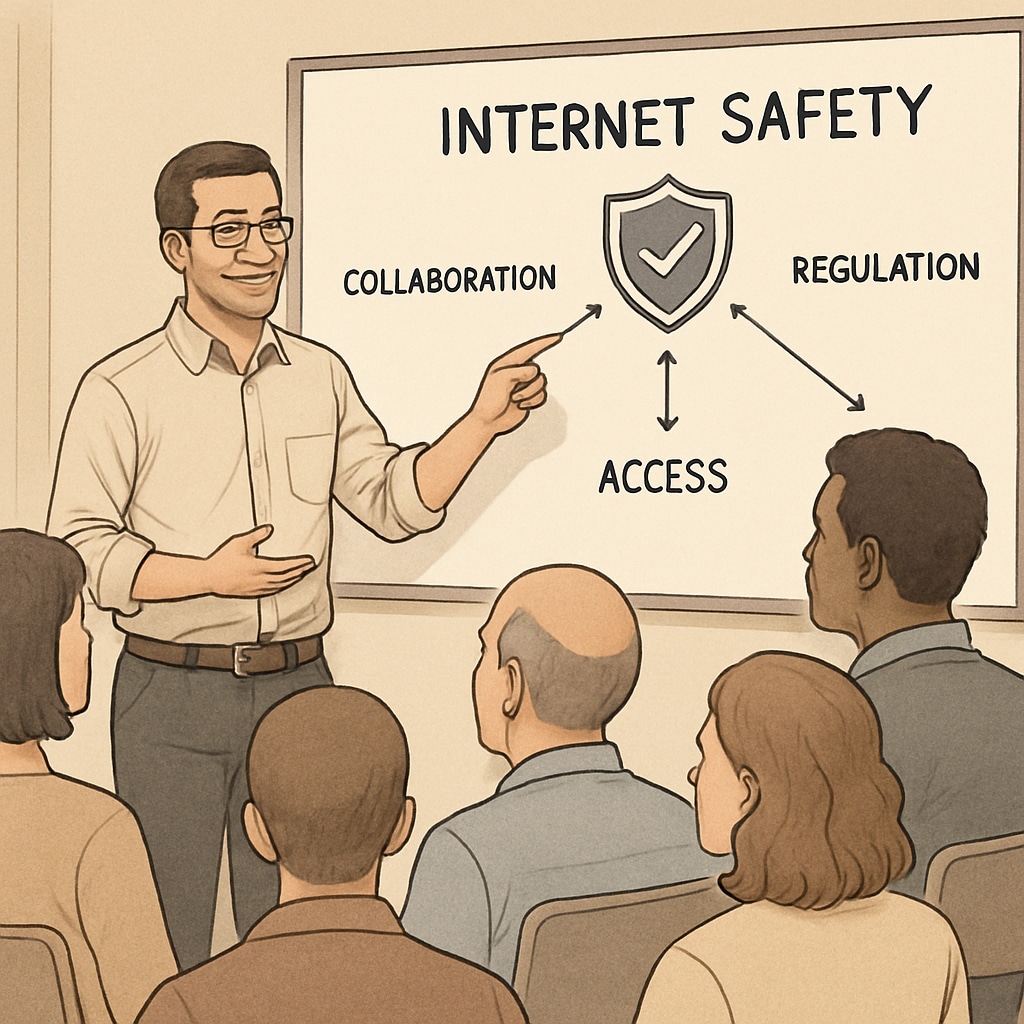As age verification laws and internet regulation policies expand across U.S. states, K12 students face increasing barriers to accessing critical online educational resources. These laws, initially designed to protect minors from inappropriate content, inadvertently restrict access to legitimate learning materials. The implications of such content review policies on the freedom to learn are profound, prompting educators, parents, and students to seek solutions that balance safety with accessibility.

Age Verification and Internet Regulation: A Double-Edged Sword
Age verification systems aim to shield minors from harmful content, such as explicit material or cyberbullying. However, their implementation often results in overzealous filters that block access to educational websites, digital libraries, and other tools essential for K12 learning. For example, resources discussing human biology, mental health, or social issues may be wrongly flagged, limiting students’ ability to explore important topics.
As a result, internet regulation becomes a double-edged sword. While it protects young users from potential risks, it also constrains their ability to access diverse information. This raises questions about whether such policies inadvertently infringe on students’ digital rights and educational opportunities.
Balancing Protection and Freedom in Content Review
To address the challenges posed by content review systems, stakeholders must prioritize a balanced approach. Here are key strategies:
- Implement nuanced filters: Advanced algorithms can distinguish between harmful content and educational material, ensuring students retain access to legitimate resources.
- Parental involvement: Parents can play an active role in monitoring and guiding their children’s online activity, reducing reliance on overly restrictive filters.
- Educator advocacy: Teachers can collaborate with policymakers to advocate for exemptions or adjustments to filters that impact academic content.
- Digital literacy education: Equipping students with the skills to navigate the internet responsibly can empower them to discern credible sources independently.

Looking Ahead: Safeguarding Education in the Digital Age
The long-term impact of age verification and internet regulation policies depends largely on how they are implemented and adjusted over time. Policymakers must engage with educational institutions, parents, and digital rights organizations to ensure that K12 students can access necessary learning materials without compromising safety.
As digital tools increasingly define modern education, striking the right balance between protection and freedom is essential. By fostering collaboration and innovation, stakeholders can create an online environment that supports both safety and unrestricted learning opportunities.
Ultimately, the path forward requires a commitment to preserving educational equity while adapting to evolving internet regulations. This challenge presents an opportunity to rethink digital policies in ways that empower the next generation of learners.
Readability guidance: Short paragraphs, lists, and a mix of transitions (e.g., however, therefore, for example) ensure clarity. Passive voice is minimized, and sentence length balances complexity with accessibility.


